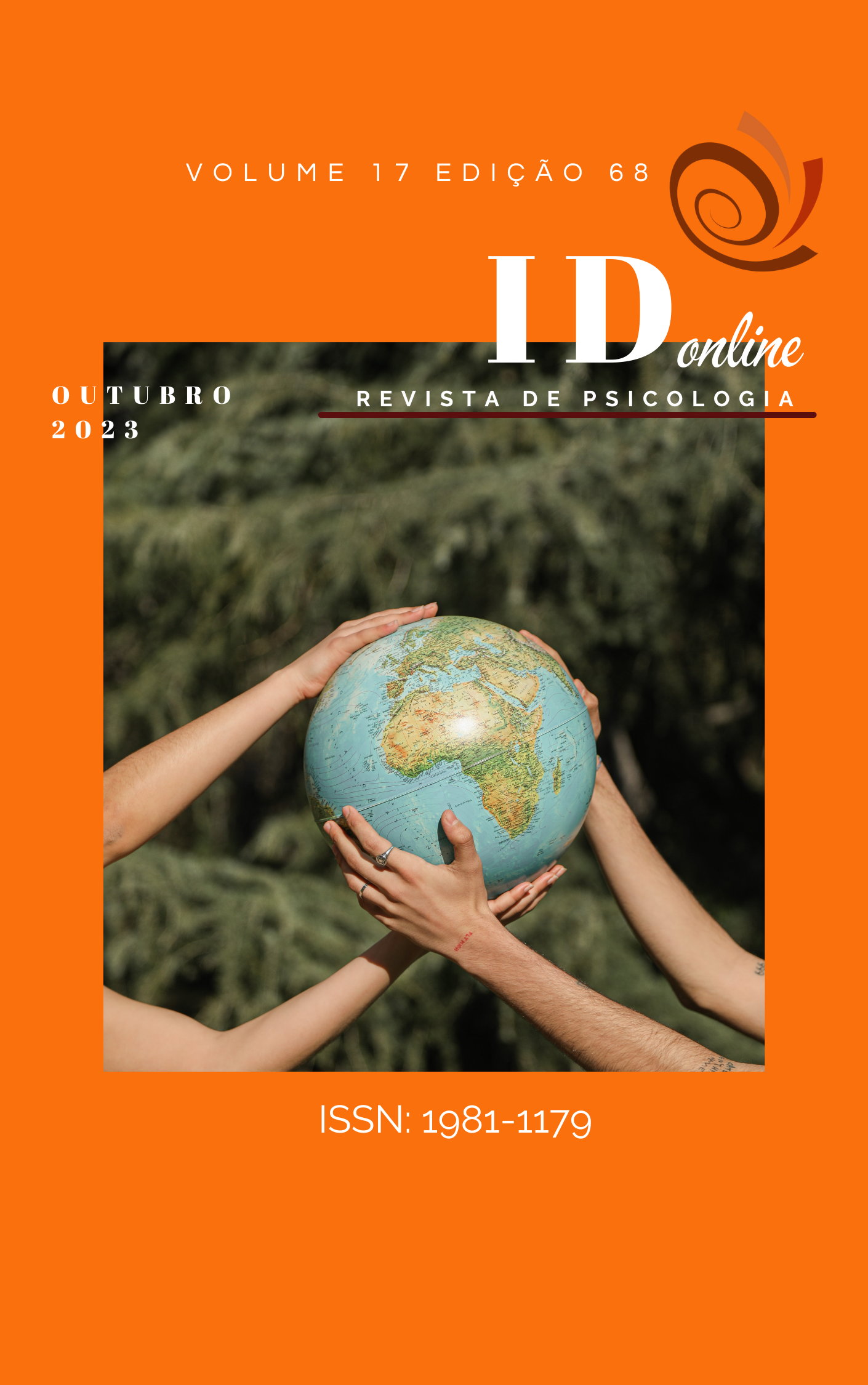Emotional Intelligence and its Influences on Conflict Management
DOI:
https://doi.org/10.14295/idonline.v17i68.3863Keywords:
Emotional Intelligence, Conflict Resolution, Consequences, EmpathyAbstract
The current study aimed to diagnose the importance of emotional intelligence in the organizational environment and its relevance in conflict management. The scarcity of capable managers to handle their own emotions and manage conflicts arising in the business environment is evident. The lack of adequate emotional skills can lead to improper communication, escalation of conflicts, low productivity, negative organizational climate, and talent loss. It was found that emotional intelligence is an essential tool to address and confront such conflicts, involving the development of the ability to recognize, understand, and manage emotions, both one's own and those of others. By doing so, companies can improve communication among their members, promote constructive conflict resolution, create a healthy organizational climate, and increase talent retention. Methods such as articles, bibliographic research, based on the works of Stephen P. Robbins, Daniel Goleman, among others, were used in this study. It is worth noting that by disregarding emotional intelligence in conflict resolution, companies risk facing communication problems, exacerbated conflicts, low productivity, and employee dissatisfaction. By adopting emotional intelligence as an approach, companies can promote a culture of collaboration, empathy, and understanding, resulting in a more engaged, productive, and happy team.
Downloads
References
BRACKETT, M. A., & Salovey, P. (Eds.). (2006). Measuring emotional intelligence: Common ground and controversy. Psychology Press.
CHERNISS, C., & Goleman, D. (Orgs.). (2001). O local de trabalho emocionalmente inteligente: como selecionar, medir e melhorar a inteligência emocional em indivíduos, grupos e organizações. Jossey-Bass.
FERREIRA, F. C. A Importância da Inteligência Emocional no contexto Organizacional. In: Congresso Nacional de Excelência em Gestão, 2016.
GOLEMAN, D. (1995). Inteligência Emocional: A Teoria Revolucionária que Redefine o que é Ser Inteligente. Rio de Janeiro: Editora Objetiva.
GOLEMAN, Daniel. Trabalhando com a Inteligência Emocional. Tradução do original: Working With Emotional Intelligence por M. H. C. Côrtes. Rio de Janeiro: Objetiva, 2001. 412 p.
GOLEMAN, D., Boyatzis, R. E., & McKee, A. (2002). O poder da inteligência emocional. Rio de Janeiro: Editora Agir.
GUEBUR, A. Z.; POLETTO, C. A.; VIEIRA, D. M. S. Inteligência emocional no trabalho. REVISTA INTERSABERES, v. 2, n. 3, p. 71-96, 11.
MAYER, J. D., SALOVEY, P., & CARUSO, D. R. Mayer-Salovey Caruso Emotional Intelligence Test (MSCEIT) user’s manual. Toronto, Canada: MHS, 2002.
ROBBINS, Stephen. Comportamento organizacional teoria e prática no contexto brasileiro. 14º Ed. São Paulo Persion Education do Brasil 2010.
ROBBINS, S. P. 2010. Comportamento Organizacional. São Paulo: Pearson.
UNIVALI. O que é inteligência emocional? [Guia Completo]. Disponível em: https://ead.univali.br/blog/o-que-e-inteligencia-emocional. Acesso em: 27 maio. 2023.
WEISINGER, H. 1997. Inteligência Emocional no Trabalho. Objetiva, 1997.
Downloads
Published
How to Cite
Issue
Section
License
Copyright (c) 2023 Felipe Oliveira Ferreira, Maria Eduarda Seni Fonseca, Ana Lúcia de Paula Ferreira Nunes

This work is licensed under a Creative Commons Attribution-NonCommercial 4.0 International License.
Os autores detêm os direitos autorais sem restrições, devendo informar a publicação inicial nesta revista, em caso de nova publicação de algum trabalho.










